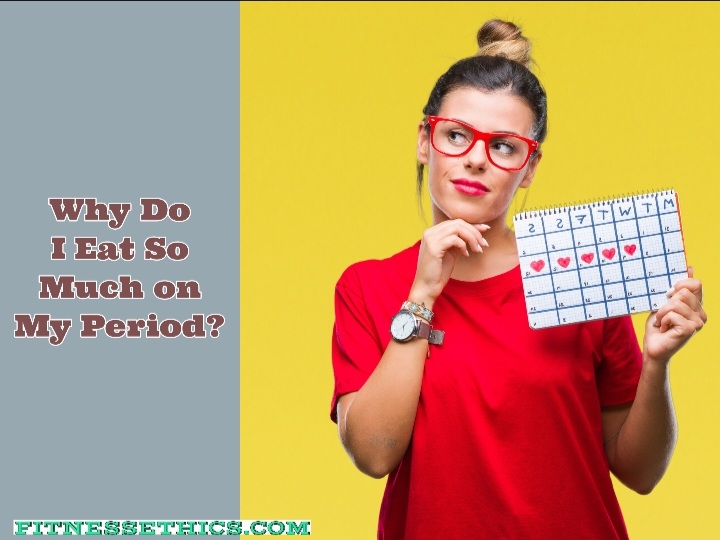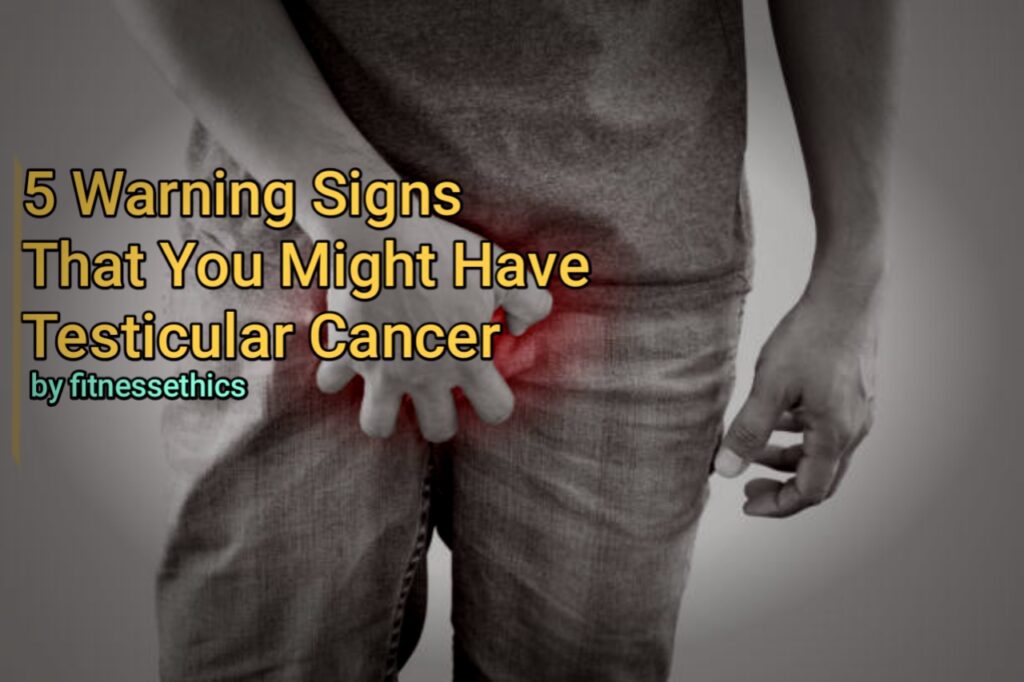Ah, that time of the month! Periods can bring along a whirlwind of emotions, cravings, and hunger that can sometimes leave us wondering why we eat so much during this time. Many women experience an increased appetite before and during their period, and there are several reasons behind this phenomenon. Let’s delve into the science and explore why our bodies seem to crave more food during menstruation.
Is it Normal to Eat a Lot During Period?
Yes, it is entirely normal to feel like you’re eating more than usual during your period. Many women report increased hunger and food cravings in the days leading up to menstruation and during the actual period. This phenomenon has a scientific basis.
The Role of Progesterone
The main culprit behind this increased appetite is the hormone progesterone. Progesterone is a sex hormone that plays a significant role in the menstrual cycle. Its levels peak about one week before menstruation starts. Research suggests that progestogens, including progesterone, can stimulate appetite. As a result, you might find yourself reaching for those extra snacks and larger portions during this time.
BMR Fluctuations
Your Basal Metabolic Rate (BMR), which is the number of calories your body needs to function at rest, can also influence your appetite during the menstrual cycle. Studies have shown that BMR tends to decrease during menstruation but rises to its maximum just before the period begins. This means that your body naturally burns fewer calories during menstruation, leading to an increased feeling of hunger.
Cravings and Emotional Eating
Beyond hormonal influences, emotional factors can also contribute to your increased appetite during menstruation. Many women experience mood swings and emotional changes during their periods due to hormonal fluctuations. In response to these feelings, there’s a tendency to seek comfort in food, often opting for high-calorie and indulgent choices.
The Role of Serotonin
Another neurotransmitter that comes into play is serotonin. Serotonin levels can fluctuate during the menstrual cycle, impacting mood and appetite. It is well known that carbohydrates can temporarily boost serotonin levels, leading to an increased desire for carbohydrate-rich foods like sweets and starchy snacks.
Coping with Period Cravings
While it’s normal to experience increased appetite and cravings during your period, it’s essential to find healthy ways to cope with them. Here are some strategies to manage those period munchies:
Opt for Nutrient-Dense Foods
Choose nutrient-rich foods like fruits, vegetables, whole grains, and lean proteins. These will keep you feeling fuller for longer and provide essential nutrients to support your body during menstruation.
Stay Hydrated
Sometimes, thirst can be mistaken for hunger. Drinking plenty of water throughout the day can help reduce unnecessary snacking.
Mindful Eating
Be mindful of what you eat and why you’re eating it. Take a moment to assess whether you are genuinely hungry or if you’re responding to emotions or cravings.
Regular Meals and Snacks
Stick to a regular eating schedule, including balanced meals and healthy snacks. This can help stabilize blood sugar levels and reduce sudden hunger pangs.
Healthy Indulgences
If you’re craving something specific, try to find healthier alternatives. For example, opt for dark chocolate instead of milk chocolate or baked sweet potato fries instead of regular fries.
Do You Gain Weight from Eating on Your Period?
It’s essential to remember that occasional increased eating during your period is unlikely to cause significant weight gain on its own. Weight fluctuations during menstruation are more likely due to water retention and hormonal changes rather than solely from eating a bit more. As long as you maintain a balanced diet and stay active throughout the month, any temporary changes in weight will usually normalize once your period ends.
Conclusion
Experiencing increased appetite and cravings during your period is entirely normal, and it can be attributed to hormonal fluctuations, changes in BMR, and emotional factors. The key is to acknowledge these feelings while making mindful and healthy food choices. Remember that your body is going through a natural process, and it’s okay to give in to some indulgences as long as they are balanced with a nutritious diet overall. Stay hydrated, be kind to yourself, and listen to your body’s cues it will guide you through these fluctuations smoothly, month after month.

Hilary Ojibe is a dedicated medical student with a passion for health and fitness. With a deep interest in understanding how the body works, Hilary enjoys applying medical knowledge to everyday health practices. As a fitness enthusiast, Hilary is committed to promoting a healthy lifestyle and shares valuable insights through articles focused on wellness, fitness and overall health improvement.
[starbox]



